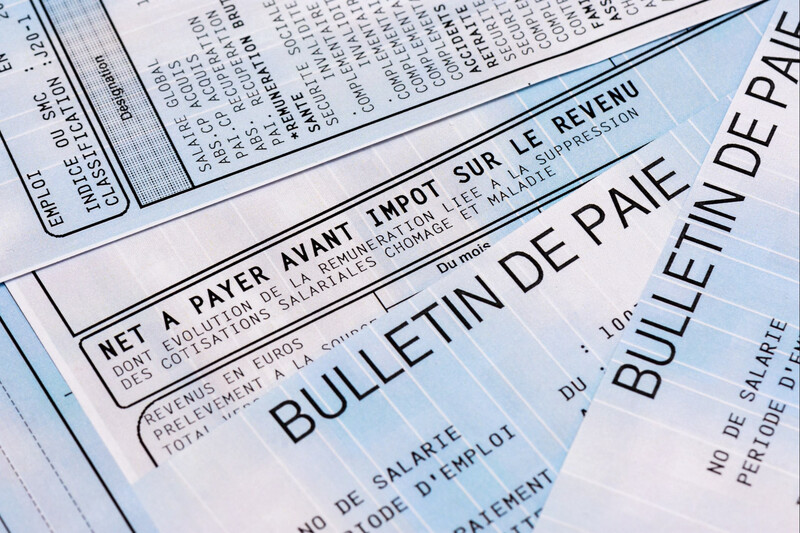Comme chaque année, le SMIC va bénéficier d’une revalorisation mécanique au 1er janvier. La hausse du salaire minimum, liée à la progression de l’inflation, sera de 0,9 %, autrement dit une augmentation de 14 euros brut par mois au 1er janvier 2022. Le gouvernement ne prévoit pas de coup de pouce pour relever davantage le SMIC.
L’absence de coup de pouce préconisée par le groupe d’experts sur le SMIC
« On ne va pas faire de coup de pouce pour le SMIC », a déclaré la ministre du Travail Élisabeth Borne sur l’antenne de Cnews. La raison invoquée est une recommandation du groupe d’experts sur le salaire minimum, qui craint qu’une revalorisation du SMIC soit « préjudiciable à l’emploi des personnes les plus vulnérables ».
Selon le rapport annuel du groupe d’experts SMIC rendu le 26 novembre, une hausse supplémentaire du SMIC ne serait, de plus, pas adaptée pour « pour réduire la pauvreté laborieuse, dont le premier facteur est le nombre d’heures travaillées, bien avant le niveau du salaire horaire ».
Si le gouvernement ne prévoit pas de coup de pouce pour le SMIC, celui-ci augmentera tout de même au 1er janvier 2022, comme chaque année dans le cadre de la revalorisation légale. La hausse sera de 0,9 %, soit 14 euros brut par mois. Le SMIC horaire passera donc de 10,48 euros à 10,57 euros brut, et le montant mensuel, calculé sur la base de 35 heures par semaine, sera de 1603 euros brut, soit 1269 euros net.
Une hausse du SMIC de 4,1 % en un an
La formule de calcul de la hausse mécanique du SMIC est basée sur deux éléments. Le premier élément est l’évolution de l’inflation mesurée pour les ménages du premier quintile de la distribution des niveaux de vie.
Le premier quintile correspond au cinquième de la population dont le niveau de vie est le plus faible. Cette évolution de l’indice des prix à la consommation, hors tabac, est étudiée entre le mois de novembre 2021 et le mois pris en compte pour la dernière revalorisation, à savoir le mois d’août dernier. D’après les statistiques de l’Insee, l’évolution est de 0,9 %.
Le deuxième élément pris en compte pour le calcul de la hausse mécanique du SMIC est la moitié de la hausse annuelle du pouvoir d’achat du SHBOE, à savoir le salaire horaire brut de base ouvrier et employé, avant versement des prestations sociales et déduction des cotisations sociales, à compter de fin septembre et sur une période d’un an. Cette année, ce deuxième élément a un impact nul car la hausse du SHBOE, de 1,5 %, était inférieure à l’inflation annuelle, de 2,3 % au mois de septembre.
En un an, le SMIC aura augmenté de 64 euros brut, soit une hausse totale de 4,1 %, avec des augmentations successives de 15 euros au 1er janvier 2021, de 35 euros au 1er octobre et de 14 euros à venir au 1er janvier 2022.
Dans un communiqué de presse, la CGT a regretté l’absence de coup de pouce du gouvernement, alors « que les prix explosent dans de nombreux postes de dépenses des ménages ». Le gouvernement entend améliorer le pouvoir d’achat des ménages aux revenus les plus faibles grâce à d’autres mesures, notamment le chèque énergie. Il compte également sur des négociations de branche et prévoit de réunir les partenaires sociaux le 17 décembre.
